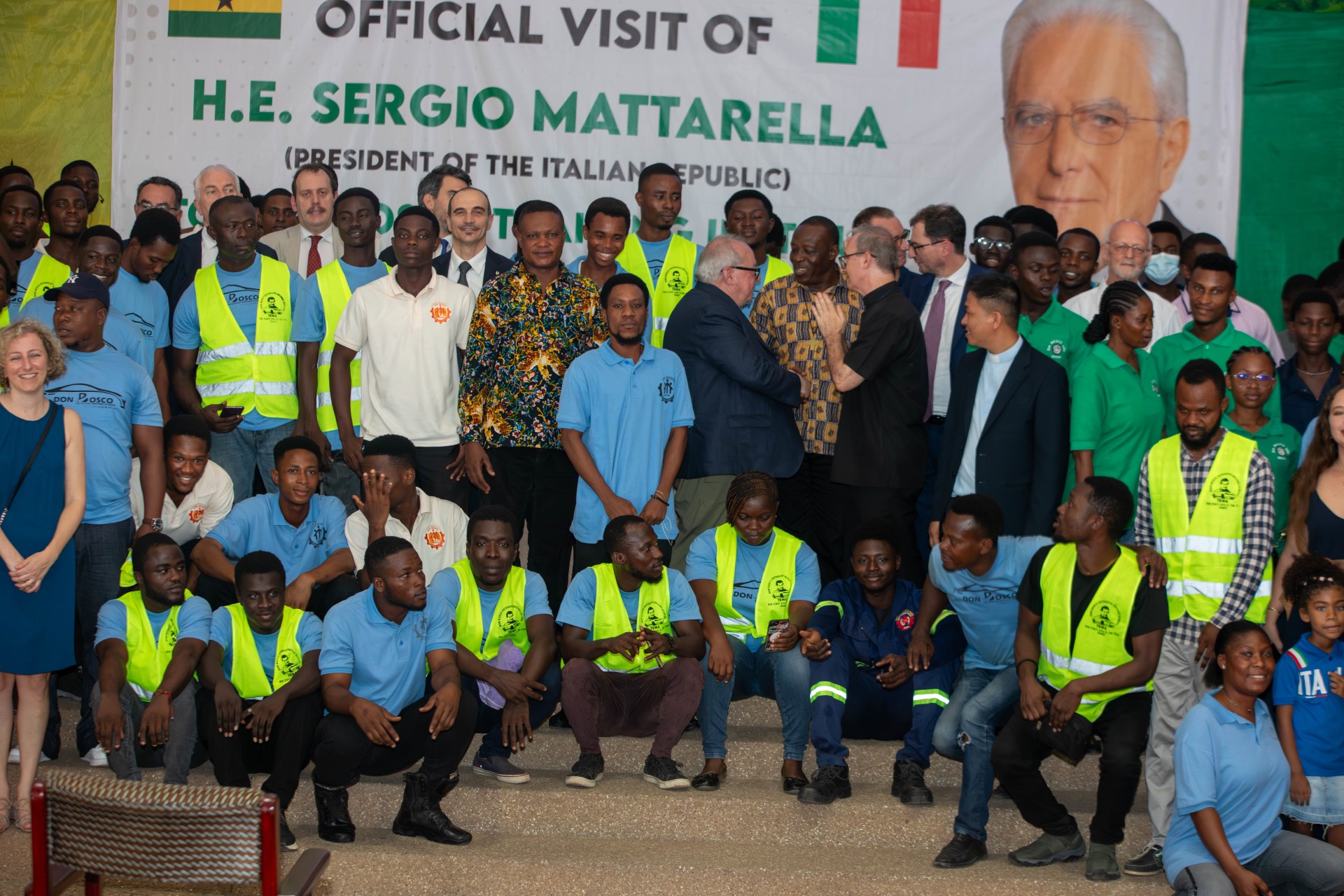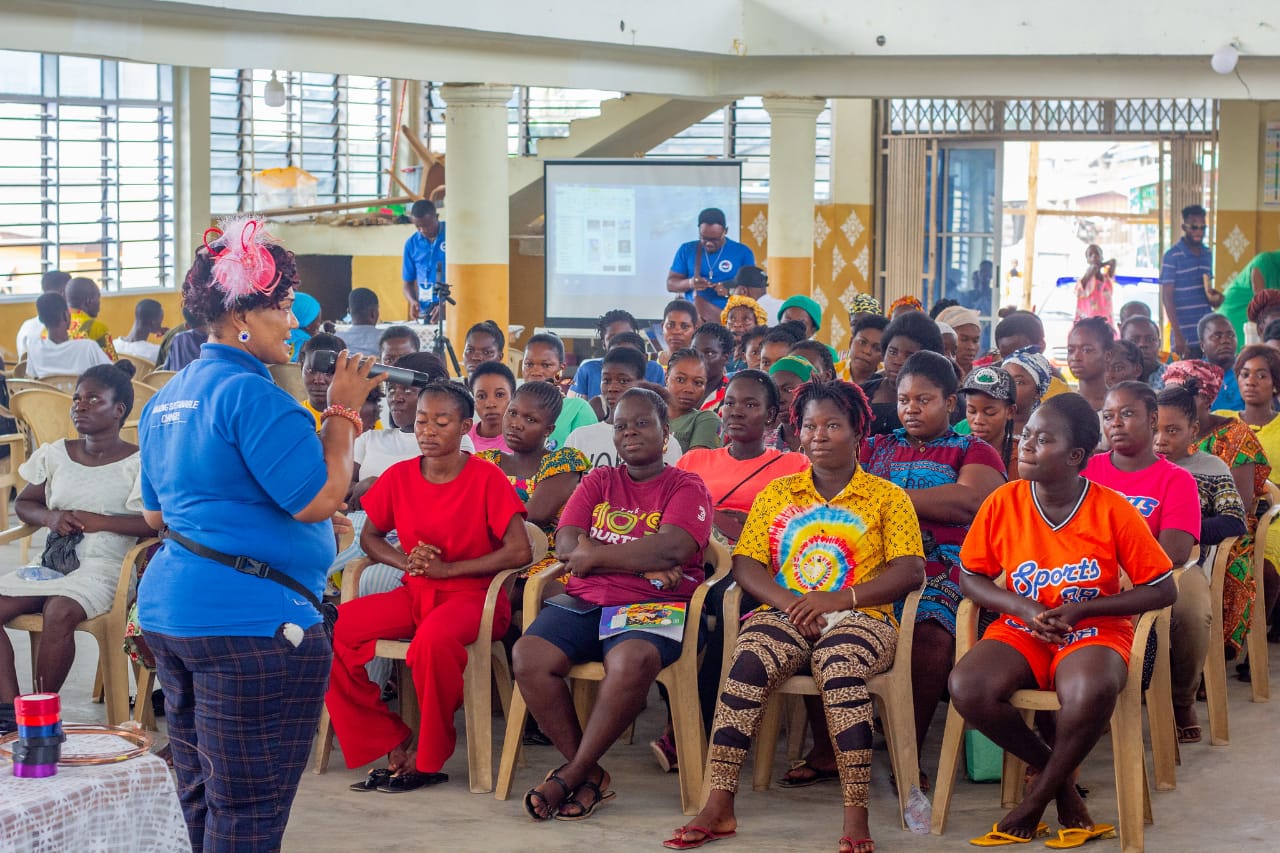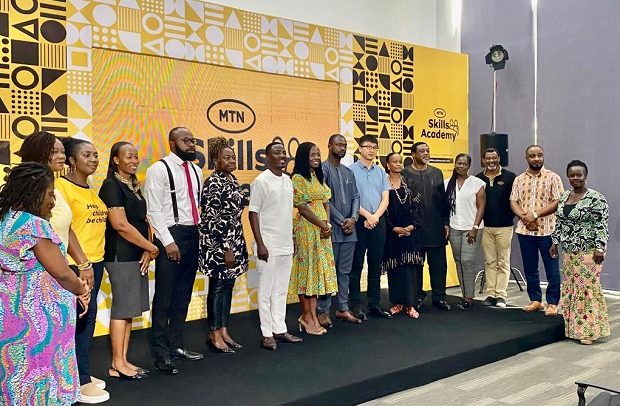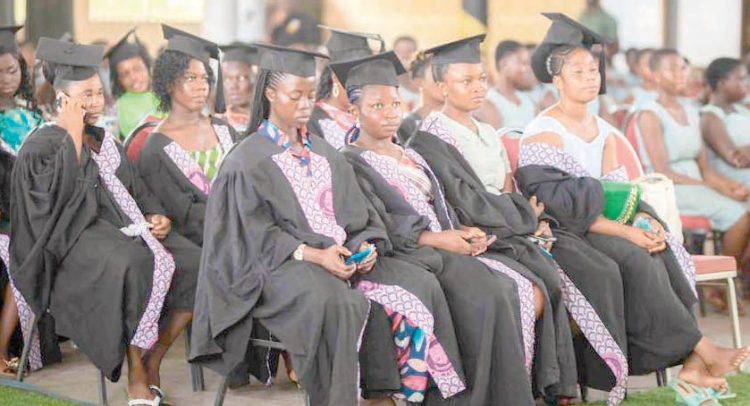
By Stephen GYASI-KWAW
Country Founder/MD, Global Entrepreneurship Network (GEN) – Ghana
The stampede at El-Wak Stadium during a military recruitment exercise—which claimed at least six young lives—should shake us to our core. Those weren’t just statistics. They were young Ghanaians, desperate enough to risk their safety for a shot at stable employment.
This tragedy exposes an uncomfortable truth: we have a youth unemployment crisis, and our responses so far haven’t been good enough. It’s time to move beyond condolences and political talking points. We need honest conversations, real accountability, and solutions that actually work.
What We’ve Tried—And Why We Need Better Answers
Let’s be clear: Ghana has launched numerous youth employment programs over the years, across different governments. The intentions have always been good. The results? Mixed at best, and often impossible to verify.
Youth Employment Agency (YEA): After evolving through several iterations—from NYEP to GYEEDA to its current form—YEA now focuses on skills training and job matching. The mandate is sound, but we still don’t have clear data on how many young people actually find lasting jobs after going through the program.
Nation Builders’ Corps (NaBCo): This program officially ended in 2022, but we’re still talking about payment arrears and exit strategies. What we’re not talking about—because nobody has published the data—is how many participants actually transitioned into real, sustainable jobs afterward.
National Entrepreneurship & Innovation Programme (NEIP): Supporting startups is absolutely the right idea. But where are the independent evaluations showing us which businesses survived, how many jobs they created, and whether they’re still operating two or three years later?
One District, One Factory (1D1F): Industrial jobs can transform communities. But we need honest, district-by-district reporting: Which factories are actually running? How many people do they employ? What’s the real economic impact?
Planting for Food and Jobs (PFJ): The updated version looks promising on paper, especially the credit and market linkages. But again—where’s the transparent data on who’s benefiting, who’s repaying loans, and whether farmers are actually getting better incomes?
MASLOC: Micro-loans can be life-changing for small entrepreneurs. But the Auditor-General has repeatedly flagged poor loan recovery and weak documentation. When funds don’t get repaid, they can’t help the next entrepreneur.
Here’s the pattern: Every program announces big beneficiary numbers at launch. Very few publish honest, long-term results. Ghana’s Audit Service does its job and publishes reports, but we rarely see independent evaluations that follow program participants for years to see what actually happened to them.
Five Things We Must Do Differently
-
Make outcomes the priority—not just outputs
Every youth program should publish an annual impact report showing:
-
How many participants are still employed or running businesses after 12, 24, and 36 months
-
Whether they’re earning more than before
-
Real job numbers, not just training numbers
-
Honest breakdowns by gender and region
These reports should be independently audited, and Parliament should hold public hearings to discuss the findings.
-
Create a single “Youth Work & Enterprise Data Hub”
Link data from YEA, NEIP, technical training institutions, Ministry of Trade and Industry, Ministry of Food and Agriculture, and tax/social security records. This would let us track actual transitions—from training to internship to job or business creation—while protecting people’s privacy.
-
Invest in follow-through, not just training
Shift 10-15% of program budgets toward career services, job matching, apprenticeships, and proper evaluation. Training is important, but it’s not enough if nobody helps young people connect to actual opportunities afterward.
-
Fix how we finance small businesses
For micro-loan programs like MASLOC:
-
Digitize applications to reduce paperwork and fraud
-
Use mobile money and utility payment data to assess creditworthiness
-
Require buyers or off-takers to commit to purchasing from loan recipients
-
Publish loan performance data every quarter
-
Focus on sectors that create jobs at scale
Concentrate resources on:
-
Agro-processing and food value chains
-
Construction and green infrastructure
-
Logistics and distribution
-
Digital services and AI applications
-
Creative industries and entertainment
Remember: Small and medium businesses represent 85% of all enterprises in Ghana and contribute roughly 70% of GDP. If we fix the environment for SMEs, we fix the job problem.
What Global Entrepreneurship Week Ghana Can Do—If We Support It Properly
Global Entrepreneurship Week Ghana has a proven track record that too few people know about. The founders of some of Ghana’s most successful startups—Farmerline, Impact Hub Accra, and Silicon Accra—were all discovered, mentored, or launched through past GEW Ghana activities. These aren’t just feel-good stories; these are real businesses creating jobs, attracting investment, and putting Ghana on the global entrepreneurship map.
Imagine what’s possible if we properly promote and support GEW Ghana activities across all 16 regions. With the right backing, we can unleash the next generation of Ghanaian entrepreneurs at scale.
Learning from countries that got it right:
Around the world, nations that have embraced and properly supported Global Entrepreneurship Week have seen remarkable returns on investment—not just in startup launches, but in fundamentally shifting how young people view their economic futures.
Rwanda integrated GEW into its national economic strategy, with the President personally launching activities and ministries actively participating. The result? A measurable surge in youth-led businesses and a cultural shift where entrepreneurship became aspirational, not just a backup plan when formal jobs failed.
Kenya leveraged GEW to connect its thriving tech ecosystem with rural entrepreneurs, creating bridges that didn’t exist before. Government agencies used the week to announce policy reforms and funding windows, turning momentum into concrete support. Today, Kenya is recognized as a startup hub precisely because it created consistent platforms for entrepreneurs to connect, learn, and access resources.
Colombia used GEW to decentralize entrepreneurship beyond its capital, running simultaneous events in dozens of cities with coordinated media campaigns. Within three years, they documented a significant increase in business registrations and a shift in youth survey responses—more young people saw “starting a business” as a viable path.
The United Kingdom embedded GEW into university curricula and tied it to small business support services, creating year-round pipelines rather than one-week events. British banks and corporations competed to sponsor regional activities, seeing it as talent pipeline development, not charity.
The pattern is clear: when governments, media, corporations, and educational institutions rally behind GEW—treating it as national economic infrastructure, not a side event—entrepreneurial mindsets take root, ecosystems strengthen, and job creation accelerates.
Ghana’s opportunity is now:
From November 17-23, 2025, Global Entrepreneurship Week will take place simultaneously in over 200 countries. This is Ghana’s moment to join that global stage—not as observers, but as active participants sparking a national conversation on entrepreneurship and innovation.
This year’s theme, “Together We Build,” couldn’t be more relevant to our current crisis. It recognizes that sustainable entrepreneurship ecosystems require collaboration—between policymakers creating enabling environments, investors providing capital, educators nurturing talent, media telling our stories, and entrepreneurs daring to innovate.
Here’s how we can leverage GEW 2025 to drive real change:
We’re calling on every sector to participate during this week:
Government agencies: Host policy dialogues, announce new support programs, engage directly with entrepreneurs across all 16 regions.
Private sector leaders: Sponsor events, commit to mentorship programs, showcase partnerships with innovators.
Universities and schools: Run startup competitions, organize innovation showcases, hold entrepreneurship workshops that connect students to real business opportunities.
Media organizations: Dedicate coverage to Ghanaian entrepreneurial success stories. Feature the founders building real businesses in every region. Shift the narrative from job-seeking to job-creating.
Social media influencers: Use your platforms to spotlight local entrepreneurs, host conversations on funding challenges and opportunities, inspire your followers to explore their own potential. Whether you have 1,000 or 1 million followers, your voice matters.
Anyone with a activity idea: The beauty of GEW is that every activity counts. Host a workshop, organize a webinar, facilitate a discussion—all you need to do is register your event at www.gew.co, select Ghana as your country, and you become part of a synchronized global movement.
When Ghana rallies around GEW 2025 with coordinated national support—the kind of attention we give to other national events—we can spark the cultural shift our youth desperately need. We’ve already proven the model works with successes like Farmerline, Impact Hub Accra, and Silicon Accra. Now we need to scale it.
The bottom line: GEW Ghana has the blueprint and the track record. What we need now is the same level of national promotion and institutional support given to other programs—so we can turn isolated success stories into a nationwide movement that unleashes Ghana’s entrepreneurial potential.
A Call to Every Ghanaian
Our young people are not the problem. They’re talented, hungry to work, and ready to build. What they lack are clear pathways, honest feedback on what works, and systems that turn effort into actual opportunities.
If we reform how we teach, measure, and fund youth programs, Ghana can transform today’s crisis into tomorrow’s success story.
This is how we honor the young people we lost at El-Wak: by building a Ghana where every young person can learn relevant skills, find or create dignified work, and build a fulfilling life—without having to risk everything just for a chance at one job.
The time for excuses is over. The time for results is now.
The post From tragedy to turning point: Why Ghana must get serious about youth jobs and skills appeared first on The Business & Financial Times.
Read Full Story











Facebook
Twitter
Pinterest
Instagram
Google+
YouTube
LinkedIn
RSS